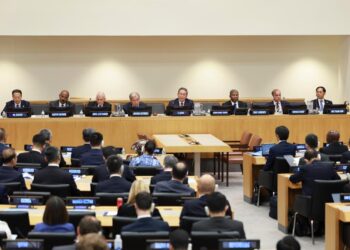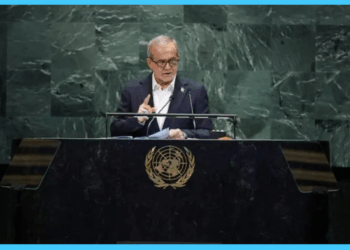Islamabad: Federal Minister for Finance and Revenue, Mohammad Aurangzeb, has identified population growth and climate change as “existential threats” to Pakistan, emphasizing the urgent need to control rising pollution for sustainable national development.
Speaking at a ceremony in Islamabad on World Population Day, the Finance Minister underscored that the rapidly increasing population is adversely affecting every sector of life, placing immense pressure on the country’s resources and gross national product. He noted that Pakistan’s population is still growing at an alarming rate of around 2.5 percent annually, significantly higher than the global average.

Aurangzeb stated that the federal government is funding population-related measures and urged provincial governments to play a more active and effective role in population control initiatives. He highlighted that one-third of the funding from the new 10-year, $20 billion Country Partnership Framework (CPF) signed with the World Bank will be allocated to population-related measures. The World Bank’s CPF, launched in January 2025, specifically aims to support key development areas including reduced child stunting through improved access to basic health, nutrition, and family planning services.
The Minister also stressed the critical importance of integrating women as a productive part of the workforce, asserting that the inclusion of women is essential for sustainable development.
Regarding the government’s commitment to sustainable economic development, Aurangzeb mentioned that Rs 4.2 trillion have been allocated at the national level for development projects. He emphasized that 40 percent of children under the age of five in Pakistan suffer from stunted growth, underscoring the indispensable need for steps to deal with childhood malnutrition.
The Finance Minister’s remarks align with broader concerns about Pakistan’s vulnerability to climate change and its demographic challenges. Pakistan ranks among the top 10 countries most affected by climate change and natural disasters, with issues like extreme heat, altered water availability, and food insecurity posing significant risks to its development agenda.
























